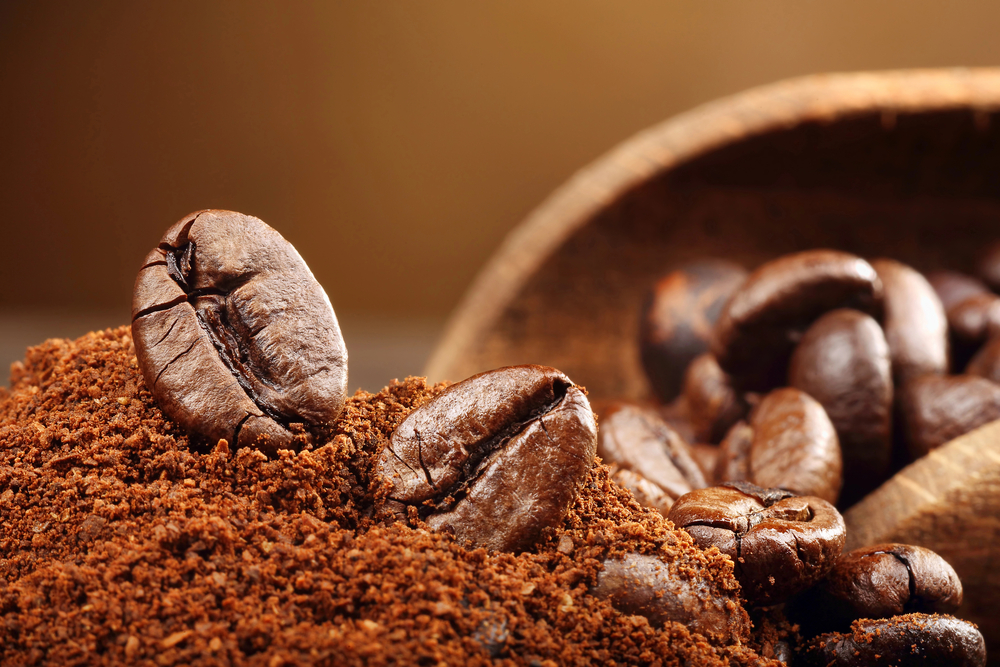Our diet plays a crucial role in how we feel as we age, demanding more attention to our diet to stay healthy, vibrant, and joyful through our golden years. Here are 10 foods to steer clear of, along with healthy and tasty substitutes for a bright and healthy life ahead.
Avoid: High Sodium
Sodium is known for contributing to hypertension, a condition all too common among older adults. High sodium intake can exacerbate health risks, making it essential to watch your salt consumption.
Eat Instead: Potassium-Rich Foods
Balance sodium with foods high in potassium, like low-fat dairy options and fresh produce, to help manage blood pressure and support heart health.
Avoid: Grapefruit
Grapefruit, while packed with nutrients, can have unintended effects when combined with certain medications. The interaction can alter how drugs are metabolized, posing potential health risks.
Eat Instead: Better Fruits
Enjoy the benefits of vitamin C and potassium with alternatives like orange juice, tomato juice, or cranberry juice, which do not interfere with medication metabolism.
Avoid: Raw or Unpasteurized Foods
The risk of foodborne illnesses increases with age due to a naturally declining immune system. Foods like rare meats, unpasteurized dairy, and raw sprouts can be a gamble not worth taking.
Eat Instead: Safe and Savory Options
Opt for the safety and satisfaction of cooked fish sushi, hard cheeses, fully cooked eggs, and microgreens. These alternatives ensure that you don’t compromise on flavor or your health.
Avoid: Processed Foods
The convenience of processed foods comes at a cost, often packed with additives, preservatives, and unhealthy fats.
Eat Instead: Whole Foods
Embrace the wholesomeness of unprocessed or minimally processed foods, such as fresh fruits and vegetables, lean meats, and whole grains. These foods are not only nutritious but also offer a variety of flavors and textures to enjoy.
Avoid: Trans Fats
Trans fats are found in many baked goods and processed snack foods, increasing the risk of heart disease as you age.
Eat Instead: Heart-Healthy Fats
Incorporate sources of healthy fats into your diet, such as avocados, nuts, and olive oil, which can support heart health and overall well-being.
Avoid: Fried Foods
While tantalizing to the taste buds, fried foods are often loaded with unhealthy fats and empty calories. Regular consumption can lead to various health issues, particularly in older adults.
Eat Instead: Oven-Baked Delights
Swap out the fryer for the oven and enjoy baked sweet potato fries, grilled chicken, or a small serving of donuts with fresh berries. These alternatives offer the comfort of your fried favorites with a healthier twist.
Avoid: Added Sugars
Sugary foods and beverages can wreak havoc on an older adult’s health, contributing to weight gain, increased risk of chronic diseases, and more.
Eat Instead: Sweet Substitutions
Satisfy your sweet tooth with natural sugars found in fruits or small portions of dark chocolate. These alternatives provide sweetness along with beneficial nutrients.
Avoid: Empty Calories
The allure of sugary snacks and drinks often masks the reality of their nutritional void. For older adults, the metabolism isn’t what it used to be, making it all the more crucial to avoid foods that offer little more than empty calories.
Think twice before reaching for that soda or bag of chips.
Eat Instead: Nutrient-Rich Alternatives
Infuse your diet with vibrancy through water flavored with natural fruits, steel-cut oats adorned with berries, or kale chips baked to perfection.
Avoid: Caffeine
With age, the body’s response to caffeine can shift, leading to increased jitters, anxiety, or heart rate. For some, this means reevaluating their caffeine intake.
Eat Instead: Decaf and Beyond
Consider decaffeinated coffee or teas and be mindful of hidden sources of caffeine in foods and medications to maintain your energy levels without the unwanted side effects.
Avoid: Alcohol Consumption
As we age, alcohol can have a more pronounced effect on our bodies, impacting everything from sleep quality to blood pressure. Moderation is key, along with an awareness of how alcohol interacts with medications.
Practice Moderation Instead
Follow the U.S. Dietary Guidelines for alcohol consumption, and always consult with your healthcare provider regarding alcohol and medication interactions.






